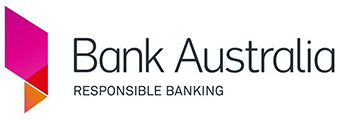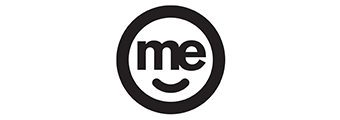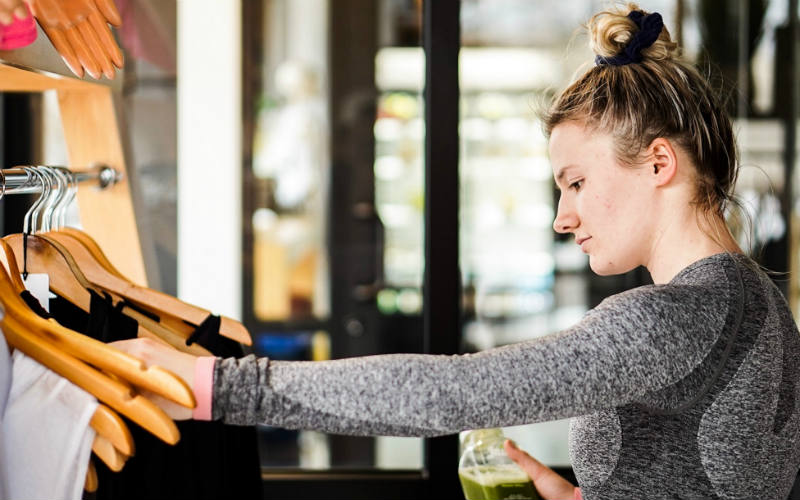Spending reductions will be more aggressive among those whose earnings have fallen below their pre-COVID-19 income levels, with 63% of those who took a cut in pay reducing spending in the last two months.
Women are also less likely than men to go back to their regular spending habits and feel less financially secure than their male counterparts according to new research that looks at the impact the pandemic has had on consumer spending.
The report by Boston Consulting Group (BCG) and market research firm Dynata found that women across all age groups don't believe they have enough savings to survive an economic downturn caused by the coronavirus compared with men, who felt more positive.
The survey of over 1,500 Australians found that more than a third (35%) of millennial women said they did not feel financially secure, compared to 26% of millennial men.
Additionally, 37% of millennial women said they have enough savings to get by in an economic downturn compared with almost half (47%) of millennial men.
Need somewhere to store cash and earn interest? The table below features introductory savings accounts with some of the highest interest rates on the market.
Provider | |||||||||||||
|---|---|---|---|---|---|---|---|---|---|---|---|---|---|
| 4 | 0 | 0 | $product[$field["value"]] | $product[$field["value"]] | $product[$field["value"]] | More details | |||||||
Savings Accelerator
| |||||||||||||
Disclosure | |||||||||||||
Savings Accelerator
Disclosure
| |||||||||||||
| 4 | 0 | 0 | 1 | $product[$field["value"]] | $product[$field["value"]] | $product[$field["value"]] | More details | ||||||
| FEATURED | High Interest Savings Account (<$250k)
| ||||||||||||
Disclosure | |||||||||||||
High Interest Savings Account (<$250k)
Disclosure
| |||||||||||||
| 0 | 0 | 0 | $product[$field["value"]] | $product[$field["value"]] | $product[$field["value"]] | More details | |||||||
| FEATURED*Score $20 using code SWIPE20 | Save Account
| ||||||||||||
Disclosure | |||||||||||||
Save Account
Disclosure
| |||||||||||||
| 4 | 0 | 0 | 0 | $product[$field["value"]] | $product[$field["value"]] | $product[$field["value"]] | More details | ||||||
Hi Saver | |||||||||||||
| 4 | 0 | 0 | 0 | $product[$field["value"]] | $product[$field["value"]] | $product[$field["value"]] | More details | ||||||
Bonus Saver | |||||||||||||
| 4 | 0 | 0 | 1 | $product[$field["value"]] | $product[$field["value"]] | $product[$field["value"]] | More details | ||||||
Online Saver | |||||||||||||
| 0 | 0 | 1 | $product[$field["value"]] | $product[$field["value"]] | $product[$field["value"]] | More details | |||||||
Up Saver Account | |||||||||||||
| 0 | 0 | $product[$field["value"]] | $product[$field["value"]] | $product[$field["value"]] | More details | ||||||||
Qsaver | |||||||||||||
| 0 | 100 | 1 | $product[$field["value"]] | $product[$field["value"]] | $product[$field["value"]] | More details | |||||||
Bonus Saver Account | |||||||||||||
| 0 | 100 | 0 | $product[$field["value"]] | $product[$field["value"]] | $product[$field["value"]] | More details | |||||||
Bonus Saver | |||||||||||||
| 3 | 0 | 0 | 0 | $product[$field["value"]] | $product[$field["value"]] | $product[$field["value"]] | More details | ||||||
Maxi Saver | |||||||||||||
| 0 | 100 | 1 | $product[$field["value"]] | $product[$field["value"]] | $product[$field["value"]] | More details | |||||||
Bonus Saver Account | |||||||||||||
| 4 | 0 | 0 | 1 | $product[$field["value"]] | $product[$field["value"]] | $product[$field["value"]] | More details | ||||||
Netsave Account | |||||||||||||
| 0 | 200 | 1 | $product[$field["value"]] | $product[$field["value"]] | $product[$field["value"]] | More details | |||||||
Growth Saver | |||||||||||||
| 4 | 0 | 0 | $product[$field["value"]] | $product[$field["value"]] | $product[$field["value"]] | More details | |||||||
Simple Saver | |||||||||||||
| 0 | 1000 | $product[$field["value"]] | $product[$field["value"]] | $product[$field["value"]] | More details | ||||||||
Virgin Money Boost Saver | |||||||||||||
| 0 | 2000 | 0 | $product[$field["value"]] | $product[$field["value"]] | $product[$field["value"]] | More details | |||||||
HomeME Savings Account (<$100k) | |||||||||||||
| 0 | 200 | 0 | $product[$field["value"]] | $product[$field["value"]] | $product[$field["value"]] | More details | |||||||
Online Savings - Premium Saver | |||||||||||||
| 0 | 10 | 0 | $product[$field["value"]] | $product[$field["value"]] | $product[$field["value"]] | More details | |||||||
mySaver | |||||||||||||
| 3 | 0 | 0 | 0 | $product[$field["value"]] | $product[$field["value"]] | $product[$field["value"]] | More details | ||||||
Online Savings Account | |||||||||||||

- Bonus variable rate for the first 4 months on balances up to $250k and high variable ongoing rates.
- No fees and no monthly requirements to earn interest.
- Easily open an account online in 3 minutes.
Last week, Treasurer Josh Frydenberg confirmed Australia has entered its first recession in 29 years.
Despite the fact that Australia has escaped the worst of the pandemic compared with other parts of the world, Australians were more pessimistic than other countries with over half (59%) of those surveyed saying they believe life after the pandemic will never be the same.
This is reflected in consumer predictions for their own spending habits once restrictions have completely eased, with nearly a third (30%) agreeing that their spending will never return to pre-COVID levels.
Over half (52%) of Australians say they plan to cut down spending on luxury products when the virus is over.
However, BCG Managing Director and Partner Monica Wegner said the group is starting to see a slight shift towards optimism as consumers want to look forward and plan for the future.
"They’re focusing on exactly where their money goes and constantly evaluating their spending patterns and as the situation evolves, they’re considering what they want to spend more, or less, on," she said.
“While we’re seeing people willing to part with money for essentials, with planned spending expected to remain stable over the next six months, one of the areas consumers are still looking forward to is travel.
"As soon as restrictions started to ease, around 40% of consumers started planning for air travel, and 44% plan to save for travel as soon as things return to normal.”
The impact of the COVID-19 pandemic is also evident in the way consumers buy products, with 35% of Australians focusing more on getting deals and discounted products than before, while 37% bought fewer luxury brands.
“Consumers are trading down in order to manage budgets and adjusted incomes," Ms Wegner said.
"Online trading still presents huge opportunities, and convenience, better deals, discounts and free home delivery will attract consumers, who will buy more online post-COVID in return for these services."
.jpg)





































 Denise Raward
Denise Raward

 Harry O'Sullivan
Harry O'Sullivan
 Aaron Bell
Aaron Bell
 Hanan Dervisevic
Hanan Dervisevic

